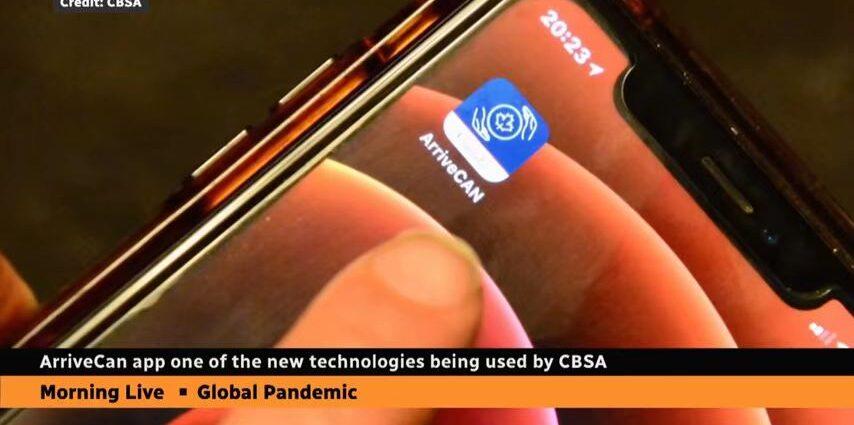The pandemic has caused a whole lot of travel disruption, but it has also created opportunities for innovation.
Recently, the Canada Border Services Agency (CBSA) has big plans for technological innovations to speed up travel, but privacy experts say the agency must ensure that the information is being stored securely and that travellers know how their data will be used.
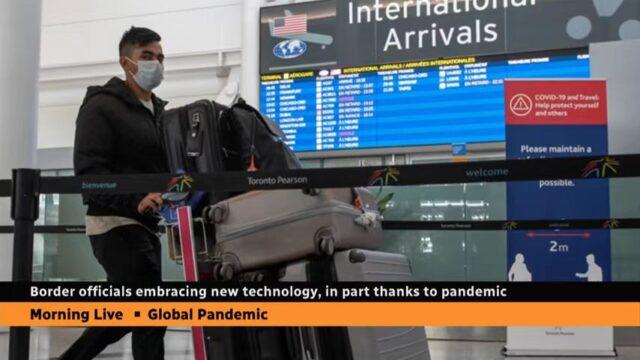
Elizabeth Thompson, as a correspondent in parliamentary bureau, was interviewed by CBC.
When talked about this new technology and how it’s being used at the border, Elizabeth said:
“When Covid-19 hit suddenly, the Canada Border Service Agency had a problem. Public health authorities were suddenly requiring that people present all sorts of medical information in addition to the usual ‘what did you buy’, ‘where did you go’, types of questions and suddenly border customs officers had mounds of paperwork that they had to deal with. So their solution was to come up with the ArriveCan app. Essentially, it allows people to fill up their information before they ever get to the border and CBSA also likes it because they have a chance to vet all that information before you roll up, that wicket or that you step off the plane. So for them, this has been a game changer.”

Denis Vinette is one of the vice presidents of the Canada Border Service Agency (CBSA), he explains:
“Even though we’ve got low travel volumes, ArriveCan app has been really a game changer. It’s allowed us to deal with information required in a new way and nimble way, and it is still mandatory, and it’s working very well, and we have very high submission.”
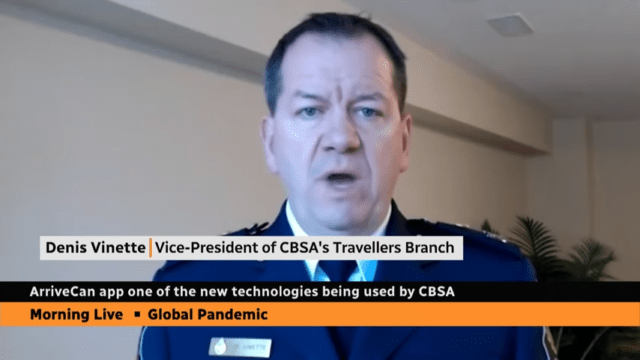
As Elizabeth continued: “Now one of the reasons this was a game changer for the CBSA is that they had been facing a bunch of glass ceilings when it came to trying to bring in new technology, they wanted to do this for a while. So when the ArriveCan app was approved and they were allowed to go to the cloud and they were allowed to come up with an app like this. All of a sudden, it broke open the doors for a whole bunch of other new technologies that risk very much transforming the way we cross the border or the way we go through customs.”
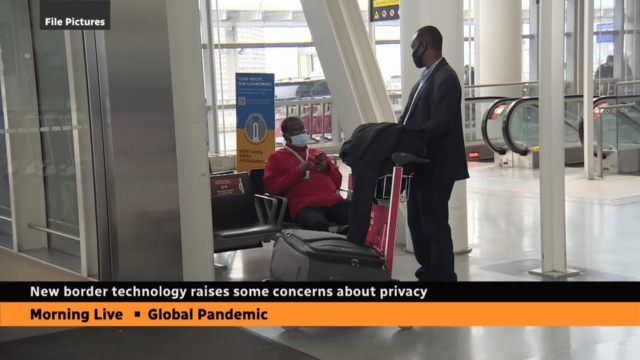
When mentioned about privacy concerns, Elizabeth answered:
“Yes, some of these apps and some of these things that they want to do do raise new questions about privacy and security. For example, in addition to ArriveCan, they would also like to have advanced customs declaration. So not only do you submit your medical information in advance, but you also submit what you bought, you know where you’ve gone, where you stayed, etc. Things like facial recognition if you’re a nexus card member. This is a trusted traveler program, they would allow you to be able to just show your face. It would compare it against picture in on your nexus file. And if all matches, the electronic gate opens in a way you go. Vinette is talking about the possibility that in the future, crossing the land border, for example, could take as little as fifteen seconds. But some privacy experts still says that these kinds of technologies depending on how they are being handled, and it could raise new concerns for security and for privacy.”
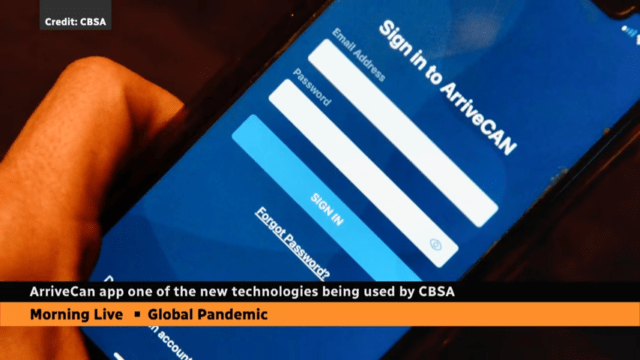
Ann Cavoukian, global Privacy & Security by Design Centre Executive Director, said: “Privacy and security have to be embedded into all of this, and this is my concern. A lot of the time, the necessary security measures, which would prevent the unauthorized use of these images for any other purpose. They’re lacking, the data most likely are not encrypted. Other departments could potentially make use of it, so it depends entirely on how it is all being retained and centralized and who can gain access to it. These are critical questions.”
As Elizabeth continued: “Now the CBSA says it is working with the privacy commissioner’s office, and they’ve been back and forth a bit over the months. In the meantime, it is rolling out to pilot projects in places like Toronto, where you can file an advanced custom declaration or you can also have these e-gates that have already been installed in Toronto and Winnipeg.”
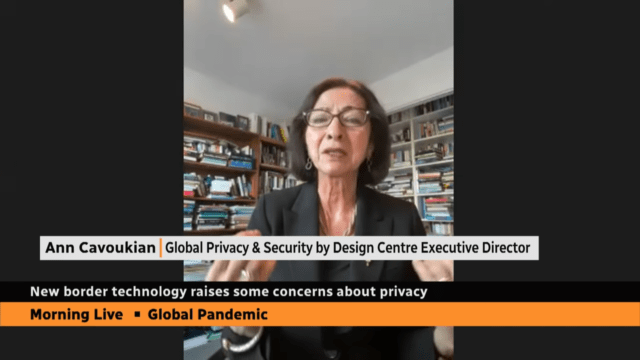
Resources: CBC News

